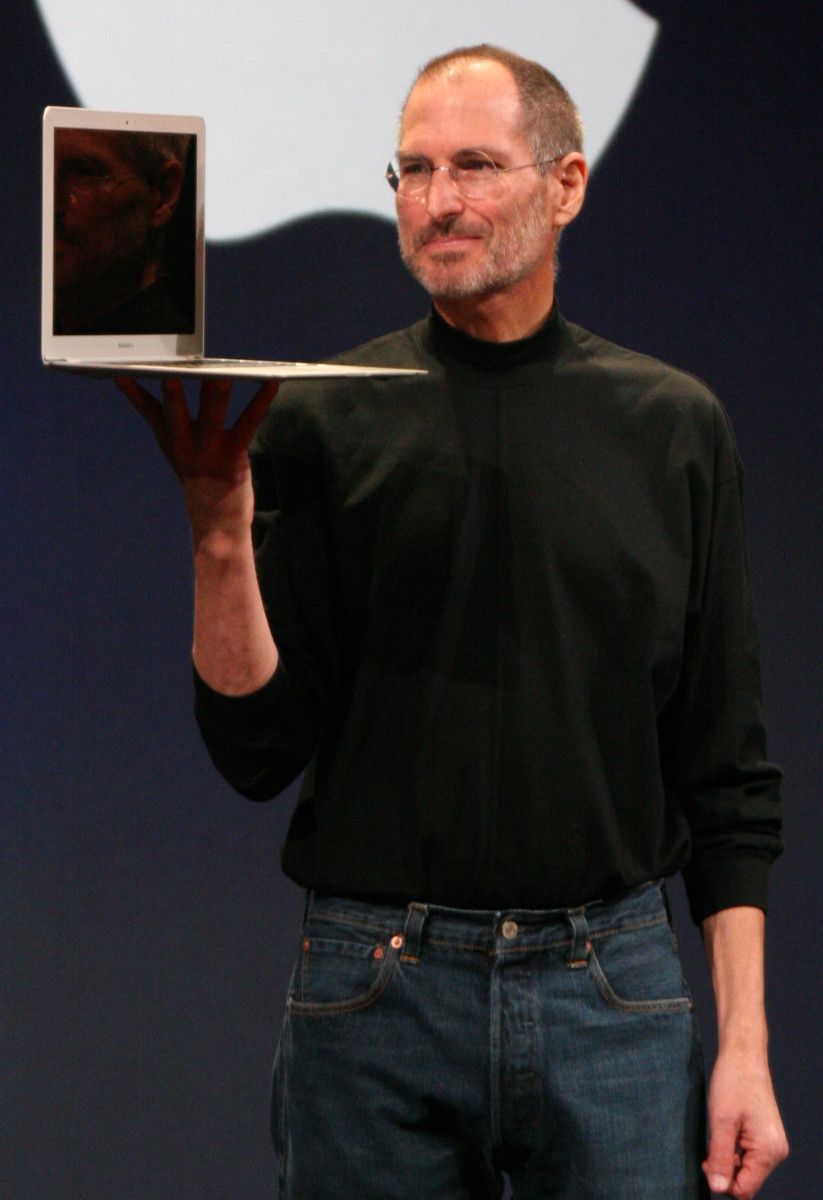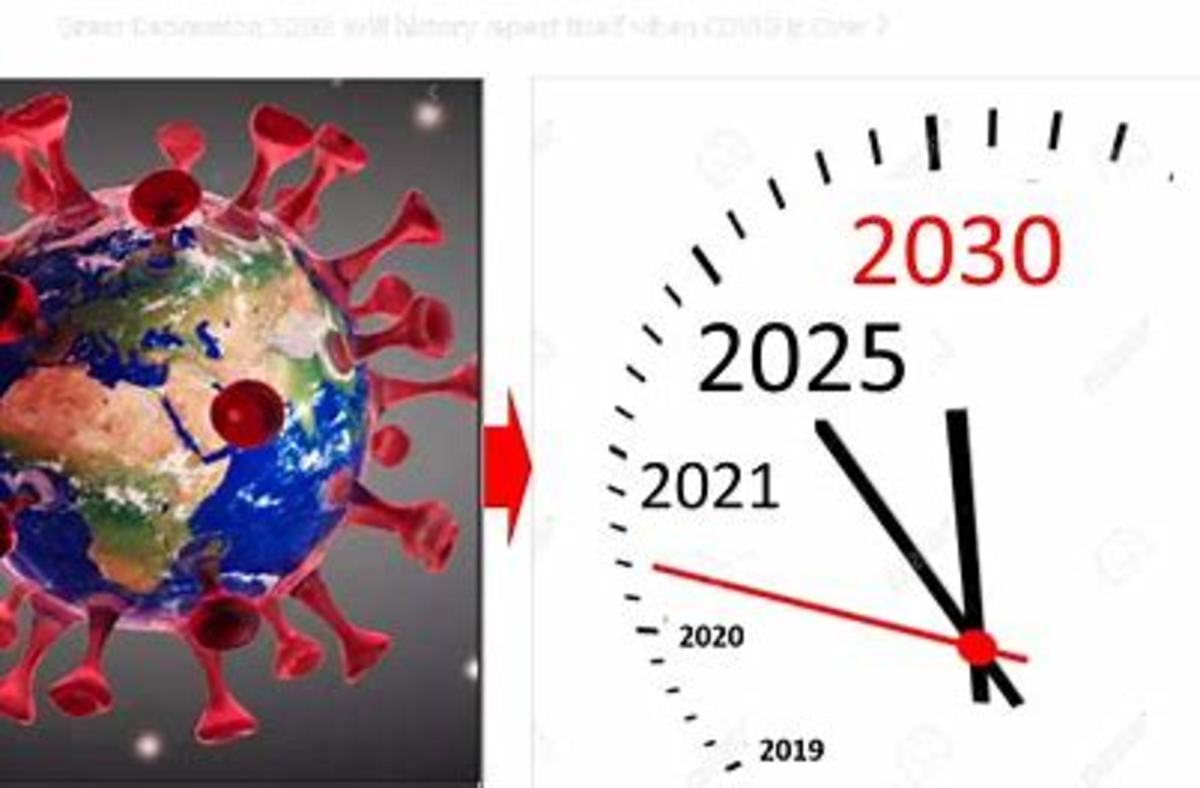Enron Musings

Enron and Me
For a number of years, I have been fascinated by the story of Enron's rise and fall. Like many people, I knew virtually nothing about Enron before the news of their demise. During the summer of 1997, about four and a half years before the collapse of Enron, I worked briefly at PGE (Portland General Electric) as a temporary office employee. After it was announced that Enron was acquiring PGE (for a two billion dollar stock swap), one of my grunt tasks was to discard our stock stationary with the PGE letterhead and replace it with Enron's. I recall thinking about how much paper I was tossing into the recycle bins, but a name change is a name change. (Sadly, all of that paper I threw out was wasted because, in a few years, PGE would take back its original name. Legally, the final Enron thread was not severed until April, 2006.) Meanwhile, as I did my best to follow orders and carefully restock the stationary shelves, Enron CFO Andrew Fastow was back in Houston at Enron headquarters creating an entity called Chewco in an attempt to hide Enron debt and inflate corporate profits. In July, 1997 my temporary job ended and the name "Enron" never entered my mind again until news of the bankruptcy hit the street.
I do not intend to retell the entire Enron story here. Instead, I present some bits and pieces which I find personally interesting. For an easily digestible overview, please see the following Wikipedia entry: Timeline of the Enron Scandal.
I really had no idea what Enron was all about when news of the bankruptcy began. Much later, I purchased a copy of the DVD Enron: The Smartest Guys in the Room, which was based on the book (by the same name) by Peter Elkind and Bethany McLean. Only after watching this excellent documentary, did I begin to understand what really happened at Enron. The first couple of times I watched the film, most of the information just blew over my head. Only after viewing it multiple times was I able to absorb all of what had happened. And each time I watched it, I saw the behavior of the key players as more and more bizarre. The key players, as everyone now knows, were Jeff Skilling, Ken Lay, and Andy Fastow.
It was Bethany McLean who first began to pry at the lid of Enron's incredible profit-producing "black box". McLean's original March 2001 Fortune article about Enron was titled Is Enron Overpriced? This simple question began a long investigation which would eventually witness the largest corporate bankruptcy in U.S. history. Reading McLean's article in retrospect is fascinating.
Personally, I find Jeff Skilling to be the most interesting character. After the "black box" was busted open, his skill as an actor was suddenly appreciated. Skilling had an amazing ability to make you believe anything. Even while testifying before congress, under oath, Skilling continued to insist that he was completely innocent and knew nothing about the "creative accounting" which had taken place at Enron. Everything he did, he said, was "in the interest of the shareholders". Even after his trial, conviction and sentencing, he seemed to not fully grasp the consequences of his actions. He still believes he could have been acquitted had he "taken the Fifth" during the trial or had a better PR strategy. Fortune magazine published the article, Skilling speaks: Enron CEO's jailhouse interview, in June, 2010. Follow the link to the article (posted on money.cnn.com) for another fascinating read. Particularly poignant is the moment when Skilling must ask the interviewer, Archelle Georgiou, to buy him a cup of coffee because Skilling, as an inmate, is "not allowed to touch money". Skilling once had a net worth of approximately $55 million.
Enron's early attempt, in 1999, to break into the broadband business (Enron Broadband Services) was premature. Blockbuster was to be its first business partner. The technology was not yet fully developed or widespread to make this a realistic venture. Yet, Enron was definitely on the right track. We now have companies like Netflix successfully delivering video-on-demand through broadband internet. Skilling's idea of trading bandwidth like a commodity ("like pork bellies", as the Enron commercial suggested) would not have worked at the time because the network switching systems required were not in place to make that possible. Enron had envisioned Enron-owned ISP and telco "pooling points" where this bandwidth switching and reallocation would have taken place. A few years later, the cost of bandwidth dropped so much that the idea of "trading" it became a thing of the past. Despite the non-existent technology, Skilling (with his well-practiced acting skills) convinced investors that EBS was worth $30 billion.
PDXBuys




